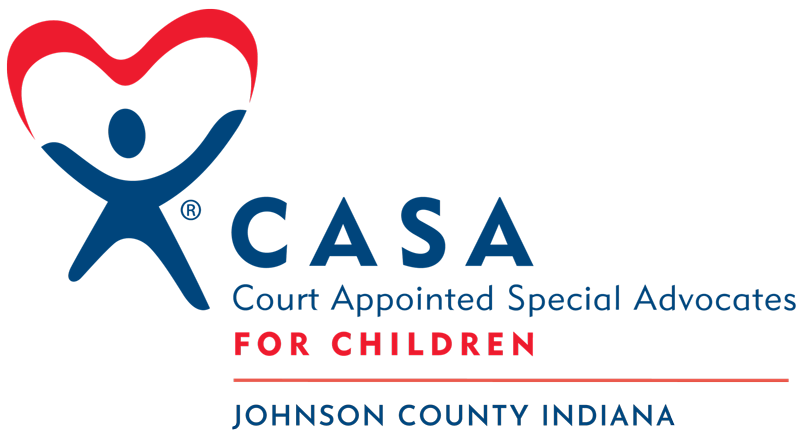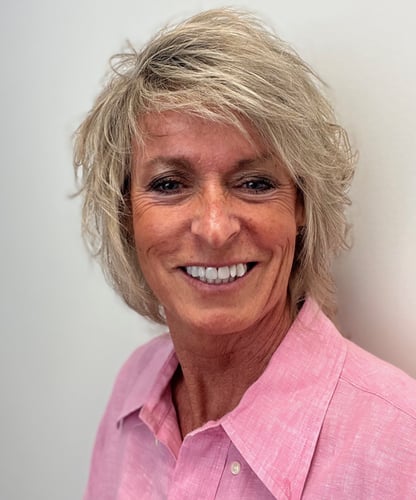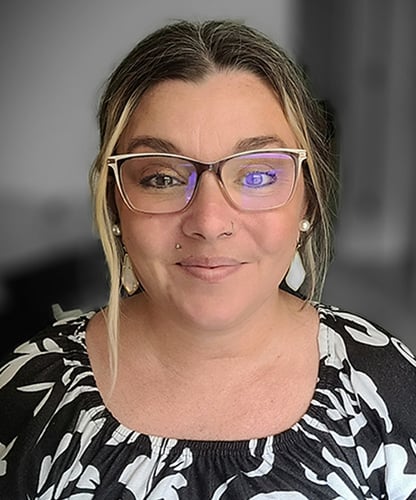Our Story
 Johnson County CASA took root in April 1988, when the Johnson County Youth Service Bureau Board of Directors authorized the agency's staff to pursue a Court Appointed Special Advocate program.
Johnson County CASA took root in April 1988, when the Johnson County Youth Service Bureau Board of Directors authorized the agency's staff to pursue a Court Appointed Special Advocate program.
The Johnson County Youth Director, Karen Bullington, and Counselor, Ellen May Paris, discussed the feasibility of starting a CASA program with Circuit Court Judge Jeffrey C. Eggers. He encouraged the efforts to establish the program with Ellen as the program coordinator, and he began to investigate funding from the county.
The Indiana Law and Child Protection project, which aided in the initiation of CASA programs across the state, had funds from the Indiana Department of Human Services, Social Services Division, available through June 30, 1989. The Youth Service Bureau staff worked quickly to recruit volunteers and organize the program to take advantage of these funds for technical assistance in beginning the program, initial maintenance, training materials and training staff.
The Indiana Law and Child Protection project graciously encouraged and supported the fledgling project even though it would be months before confirmation of county funding to ensure a coordinator's salary for the survival of the program.
Through the creative efforts of Sherry Williams, Johnson County Youth Service Bureau Board Member, significant interim funding was obtained from 15 local individuals and corporations to financially carry the program through May and June.
In 1988, the first training sessions were held to complete the 20 hours of required training for the 13 original trainees. On July 18, 1988, a public reception was held to introduce the program, and the first 11 volunteers were sworn in. In August 1988, the first case was assigned.
When It Happened
1977
CASA was founded by David Soukup, a Seattle judge who became concerned by how quickly decisions concerning the lives of abused and neglected children were being made when there was often a lack of detailed information.
1989
The Indiana General Assembly established an office of Guardian Ad Litem and Court Appointed Special Advocate services to be administered through the Division of State Court Administration.
1990
U.S. Congress encouraged the expansion of CASA with passage of the Victims of Child Abuse Act.
Today
The CASA movement has evolved into one of the largest volunteer organizations in the country. There are more than 900 CASA programs in operation - at least one in every state - and more than 52,000 trained volunteer advocates nationwide.
Our Mission
We advocate for and provide every neglected, abused, or exploited child in our county a voice in the Court process - and we educate our community about its responsibility for children under these circumstances.
CONTACT USOur Leadership
Frequently Asked Questions
About the Johnson County CASA Program
We believe that all children have the right to a home with loving people to care for them. But each year in the United States, children are abused, neglected or abandoned by their families. They are removed from their homes and placed in foster care or institutions. Eventually, they end up in court. Their only "crime" is that they have been victims. It is up to the judge to decide their future. Should they remain in foster care? Be reunited with parents? Or be adopted? In these cases, many children also become victims a second time, lost in an overburdened child welfare system that cannot pay close attention to each child whose life is in its hands. That's where CASA comes in. CASA volunteers are Court Appointed Special Advocates for children - trained community volunteers appointed by a judge as Officers of the court to speak up for children in court, and to help to humanize the often frightening and confusing child welfare and legal systems for these children.
The Johnson County CASA Program is a branch of the Johnson County Circuit Court. The program receives funds from the State of Indiana that are matched by Johnson County. Additional funding is provided thru local, state and federal grants.
Unlike state case managers, CASA volunteers represent the child as long as he or she has an active case with the court. By serving the child for the "long haul", the child will always have a familiar face and will know that someone cares about them during this difficult time.
Children who have been assigned a CASA volunteer spend less time in court and less time in foster care than those who do not have a CASA. They find safe, permanent homes more quickly.
The State CASA Office assists the county offices by tracking legislature bills, maintains an information web site, provides training to CASAs and staff, facilitates development of outreach campaigns and provides general support to the county programs.
The National CASA Association is a non-profit organization that represents and serves the local CASA programs. It provides training, technical assistance, research, news and public awareness service to members, as well as providing competitive grant funding to individual programs.
No. There are other child advocacy organizations, but CASA is the only program where volunteers are appointed by the court to represent a child's best interests.
By the Numbers
National CASA/GAL Programs
939
State CASA/GAL organizations and local CASA/GAL programs operating in 49 states
97,900
Dedicated volunteers
242,000
Children served annually
390,000
U.S. children in foster care
Be a Child's Voice in Court®
As a CASA volunteer, you could make a life-changing difference for a child. You work with child welfare professionals, attorneys, educators and service providers to ensure that judicial officers have all the information they need to make decisions for each child.
GET INVOLVED



